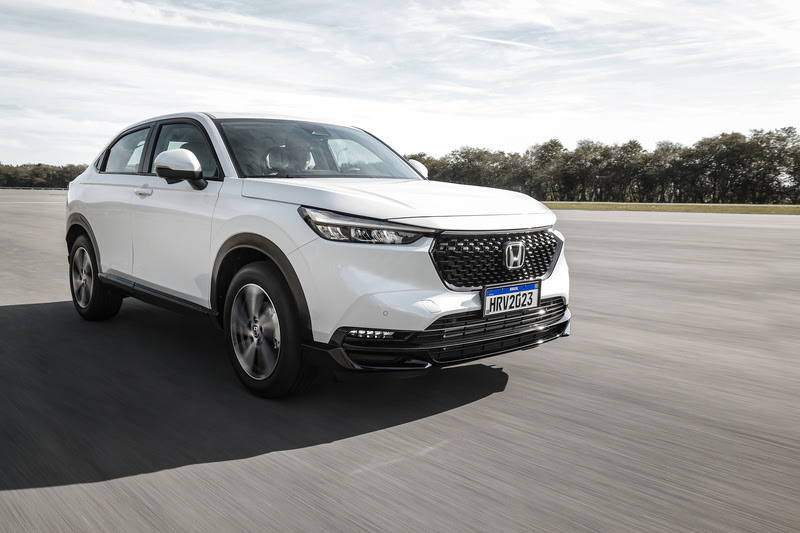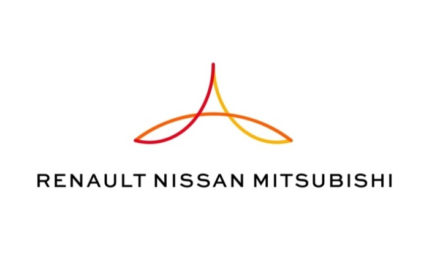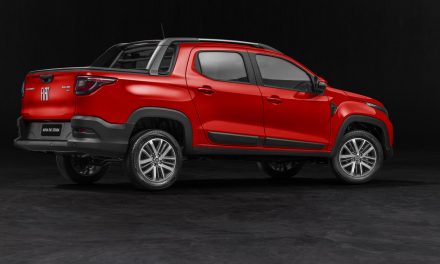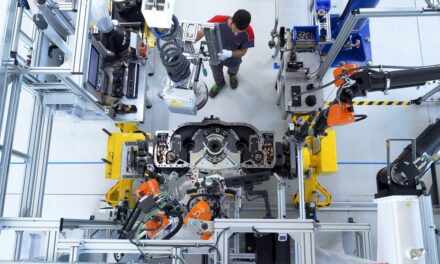By George Guimarães | 3/3/23 | Translated by Jorge Meditsch
The product renovation promoted by Honda in Brazil in 2022 did not bring good commercial results yet. With close to 7.5 thousand vehicles delivered in the first bimester, the brand’s sales shrunk by 15% compared to the same period last year, while the passenger car market grew by 3%.
In 2021, with the national Fit, WR-V and Civic still offered, Honda’s share was over 5.2%. The brand has now only 3.7% of automobile sales, a drop from the 4.6% it had one year ago, and is eighth in the ranking, right ahead of Nissan, a competitor that has been dragging in the market for years and concentrates 80% of its sales on the Kicks, the only model it produces here.
The new City, City Hatch and HR-V models launched from the end of 2021 to August last year were praised for their standard items content and fuel economy but did not yet stand up from their direct competitors and are much far from their segments’ leaders.
In January and February, the City Hatch was Honda’s bestseller with 2,674 sales, while the HR-V sold 2.407 units. The City Sedan reached 2,175 deliveries, but the giant difference from the 11.3 thousand units sold by the leader, Chevrolet Onix Plus, shows the weakness of the Honda model and other compact sedan competitors.
Seventh in Fenabrave’s small hatches ranking, the City also loses to the Chevrolet Onix (13.2 thousand), almost in the same proportion as the sedan.
A model deserving more attention for disputing the Brazilian market’s largest and more competitive segment, the HR-V is just the 13th SUV in the ranking.
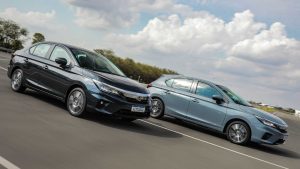
Since its launch in August 2022, the new sport-utility has sold slightly more than 12.1 thousand units. The historic competitor Toyota sold 22.6 thousand units of the Corolla Cross in the same period, and last year’s segment leader, the Chevrolet Tracker, almost 50 thousand.
The arrival in the market of the New Civic Hybrid less than two months ago should not change much Honda’s sales performance in 2023. The car, which was the brand’s bestseller in the country for many years and for many times disputed the medium sedan lead with the Corolla, is now imported from Thailand.
Its potential public is much smaller, as its only version costs R$ 245 thousand, near R$ 100 thousand more than the cheapest Corolla and R$ 60 thousand more than the most sophisticated and also hybrid, locally produced.
Such a difference between traditional rival products emphasizes that, instead of returning to an upper market share, Honda will pursue more profitability, even with a lower sales volume.
- Caoa Chery triplica vendas e inverte cenário de dificuldades - 13 de maio de 2024
- Ford pode seguir com híbridos na Europa depois de 2030 - 9 de maio de 2024
- Peugeot e Citroën estão em “dívida” com Antonio Filosa - 9 de maio de 2024

